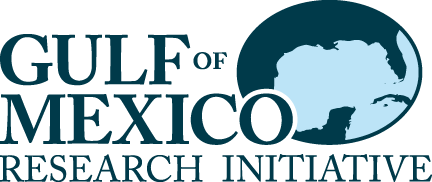Summary:
Following the Deepwater Horizon Disaster, nearly all marine fishery stocks and nearshore habitats in the northern Gulf of Mexico (nGOM) were surrounded with unprecedented uncertainty due to the massive volume of released oil, use of chemical dispersants, and drastic reduction in fishing effort. Large-scale efforts to resolve uncertainty and determine which fishery stocks or habitats were potentially most affected are underway but will take several years while many agencies are already developing recovery and restoration plans.
Recently, fisheries scientists have explored approaches that integrate traditional fishermen knowledge with fishery-independent data, and these studies have demonstrated that anglers can be remarkably in touch with the status of fisheries. Collecting anglers’ perceptions following the resumption of fishing could provide a cost-effective, rapid, and broad-spanning assessment of potential impaired fisheries or habitats. Our approach to collect this critical information involves a comprehensive survey of licensed anglers from the state of Alabama.
Our survey instrument will gauge fishermen’s concerns for the health of various fisheries and habitats, and offer a wealth of observational data that can be used to guide future studies. The primary delivery of the survey will occur through a telephone survey of licensed anglers. The survey will be administered by the University of South Alabama’s Polling Group and will poll 400 recreational and 400 commercial anglers.
These data will generate a broad picture of how recreational and commercial anglers perceive the status of the fisheries they participate in or rely upon. Engaging and including stakeholders could provide a promising approach to accounting for the complexity of natural and social systems to improve resource conservation. Recovery and restoration plans will likely move towards ecosystem-based approaches and these efforts will rely heavily on aggressive education campaigns to fully inform this stakeholder group.
